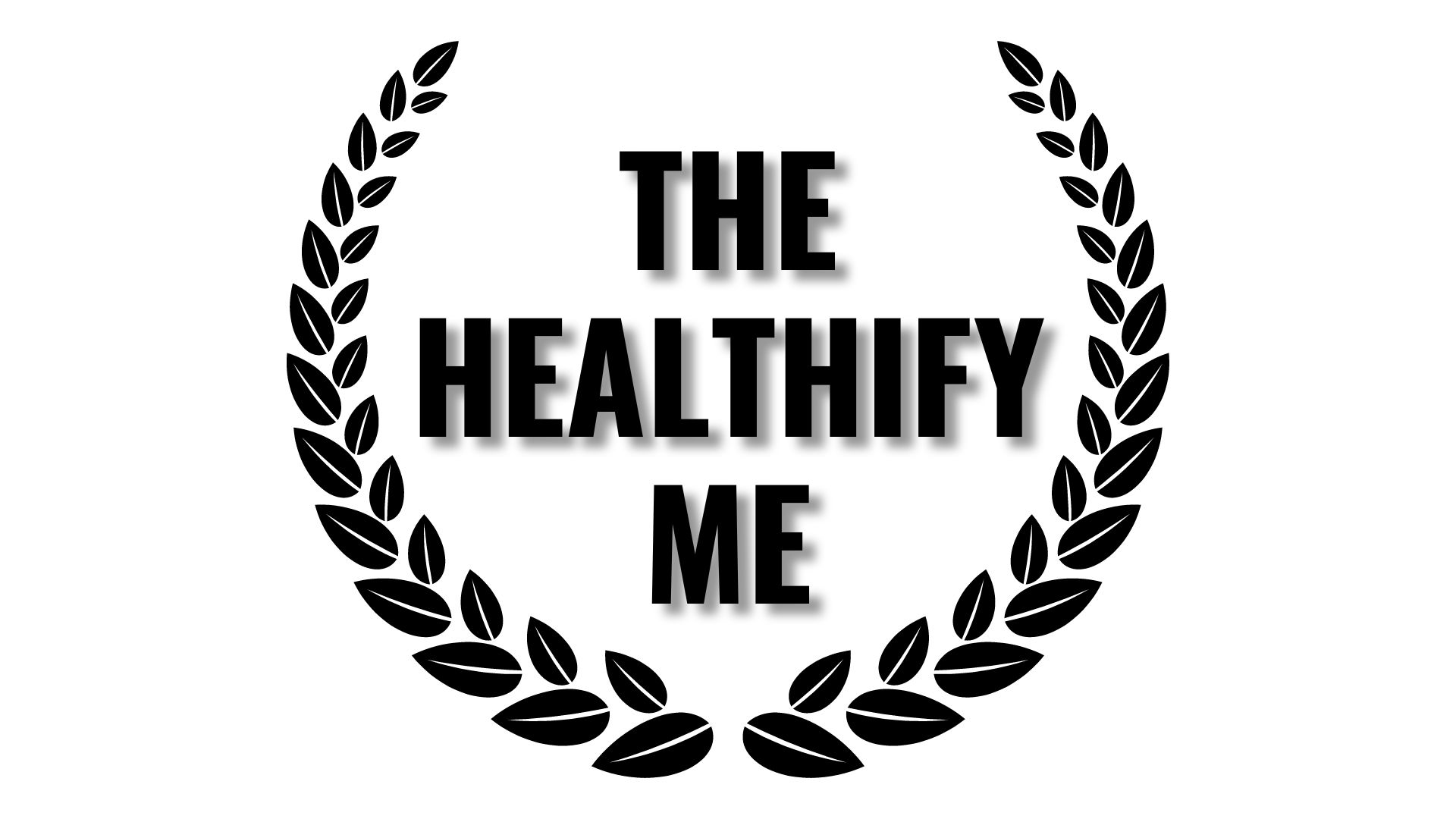Table of Contents
In recent updates of Las Vegas News, Las Vegas has been grappling with a concerning uptick in Legionnaires’ disease cases, raising alarms within the people and making health officials to take swift action. As the city renowned for its vibrant entertainment and bustling tourism faces this health challenge, understanding the symptoms, treatments, and preventive measures becomes necessary to be safe and secure.
Legionnaires’ Disease: Las Vegas News Reports
Legionnaires’ disease, a severe form of pneumonia, has been linked to the Legionella bacteria. Typically found in natural water sources, these bacteria thrive and multiply in stagnant, warm water environments. Common culprits include hot tubs, cooling towers, and even large plumbing systems. The bacteria can spread when people inhale tiny water droplets containing the pathogens, leading to infection.
High-Risk Individuals and Distinct Symptoms
Certain groups are at higher risk of contracting Legionnaires’ disease, including older adults, smokers, and those with weakened immune systems or chronic health conditions like heart and lung diseases. The onset of symptoms typically occurs within 2 to 10 days of exposure and may include:
- High fever ranging from 104°F to 106°F
- Persistent cough
- Shortness of breath
- Muscle pain
- Headaches
- Chills
- Confusion
- Nausea and vomiting
- Diarrhea
If you suspect you might have contracted the disease, seeking immediate medical attention is crucial due to the potential fatality associated with untreated cases.
Treatment and Management
Prompt diagnosis and treatment are key in mitigating the severity of Legionnaires’ disease. Antibiotics are the primary line of defense against the infection. The choice of antibiotic and duration of treatment hinges on the infection’s intensity. Medical professionals tailor treatment plans based on individual patient needs.
What to do to stay safe from Legionnaires’ disease:
- Keep Water Clean: Regularly clean and maintain water sources like hot tubs, air conditioning systems, and humidifiers to prevent bacteria growth.
- Consult Experts: Have professionals inspect and maintain your water systems to ensure they’re free from harmful bacteria.
- Stay Informed: Learn about the symptoms of Legionnaires’ disease, such as fever, cough, and shortness of breath, so you can act quickly if you notice them.
- Visit the Doctor: If you feel sick with symptoms like high fever and breathing trouble, see a doctor as soon as possible for proper diagnosis and treatment.
- Take Prescribed Antibiotics: If diagnosed with Legionnaires’ disease, follow the doctor’s instructions for taking antibiotics to fight the infection effectively.
- Stay Hygienic: Keep yourself and your surroundings clean to reduce the risk of bacterial contamination.
- Stay Hydrated: Drink clean and safe water to keep your body strong and help prevent infections.
- Practice Good Hygiene: Wash your hands frequently with soap and water, especially before eating or touching your face.
Preventing Legionnaires’ Disease
Prevention plays a pivotal role in combating Legionnaires’ disease. Implementing preventive measures can significantly reduce the risk of exposure:
- Maintenance Matters: Regularly maintain hot tubs, spas, and water systems to prevent bacterial growth.
- Expert Inspection: Engage qualified technicians to inspect and maintain your water-related installations.
- Hygiene and Cleanliness: Keep humidifiers clean and free of mold, ensuring they do not become breeding grounds for bacteria.
- Hotel Awareness: If staying in a hotel, inquire about water quality and maintenance practices to make informed decisions.
- Personalized Prevention: If you fall into the high-risk category, consult your healthcare provider to devise personalized strategies for safeguarding against the disease.
Conclusion
As Las Vegas grapples with this surge in Legionnaires’ disease cases, community awareness and responsible action are pivotal. By staying informed about the symptoms, treatments, and preventive steps, individuals can collectively contribute to halting the spread of this concerning infection. In the face of this health challenge, unity and informed decision-making are our strongest allies.
FAQs About Legionnaires’ Disease
Q1: Can Legionnaires’ disease make you really sick? A1: Yes, it can. Some people might even need to go to the hospital. That’s why it’s important to get help if you’re not feeling well.
Q2: Can I catch it from someone else? A2: No, you can’t catch it from people. It’s all about breathing in the bad bacteria from water droplets.
Q3: How can I know if the water is safe in my hotel? A3: It’s a good idea to ask the hotel staff about how they keep their water clean and safe. They should know.
Q4: Can I still go swimming or take a shower? A4: Yes, you can. This disease is rare. Just make sure to dry off well after swimming and take regular showers.




